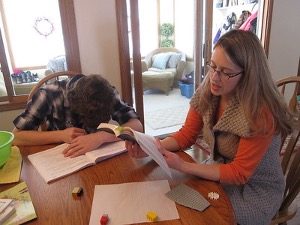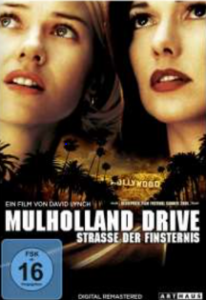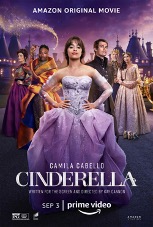While her neighbors rush down the street to catch the school bus, 14-year-old Lilah Hadden starts her school day at home. After spending the morning on math and creative writing with her mother, she takes a violin class online, finishing her day with independent reading. For two years now, homeschooling has worked well for her. “I’m getting to … learn more of what I actually want to learn about,” Lilah says, noting that she’s particularly passionate about music. But if it weren’t for the pandemic, the idea to school at home would never have crossed her mind.
Covid-19 forced students around the globe to learn without physically going to school, as entire states and countries went through long periods of lockdown. It’s sparked new interest in homeschooling alternatives in places ranging from Des Moines, Iowa, to Hamburg, Germany, where homeschooling has been banned for over a century. Students have discovered that alternative school arrangements can offer more flexibility to manage differences, pandemic stress, and distractions.









 Have you ever felt like not watching movies for a while just because you saw one that’s so damn good you knew watching anything else after it would just disappoint you? This is the spell that Mulholland Drive has cast on me.
Have you ever felt like not watching movies for a while just because you saw one that’s so damn good you knew watching anything else after it would just disappoint you? This is the spell that Mulholland Drive has cast on me.
 Once upon a time, there was a young woman named Cinderella (Camila Cabello). In the 2021 film, she loves to design dresses and wants to make a business out of it. When the prince (Nicholas Galitzine) announces a ball, her stepmother Vivian (Idina Menzel), wanting to protect her from the patriarchal world outside, destroys Cinderella’s dress to keep her from potentially marrying a man she’d just met. The prince, however, is in love with his best friend (Jenet Le Lacheur) but can’t really admit it – not even to himself. Also, he’s not qualified to rule the kingdom. The patriarchy, however, wants him to become king and will never agree to his smart sister (Tallulah Greive) becoming queen.
Once upon a time, there was a young woman named Cinderella (Camila Cabello). In the 2021 film, she loves to design dresses and wants to make a business out of it. When the prince (Nicholas Galitzine) announces a ball, her stepmother Vivian (Idina Menzel), wanting to protect her from the patriarchal world outside, destroys Cinderella’s dress to keep her from potentially marrying a man she’d just met. The prince, however, is in love with his best friend (Jenet Le Lacheur) but can’t really admit it – not even to himself. Also, he’s not qualified to rule the kingdom. The patriarchy, however, wants him to become king and will never agree to his smart sister (Tallulah Greive) becoming queen.